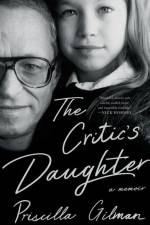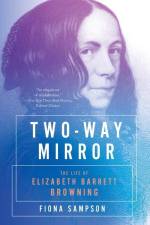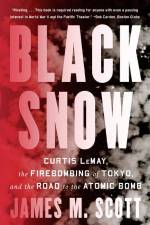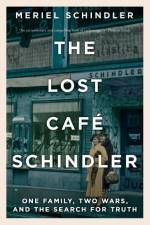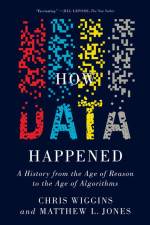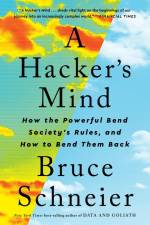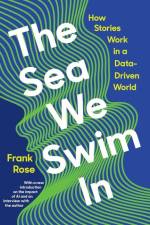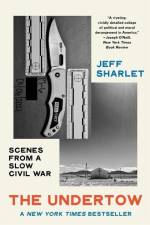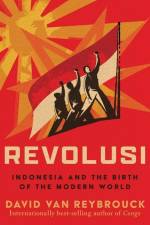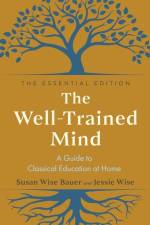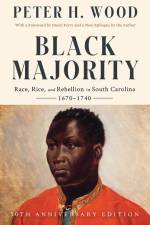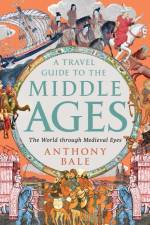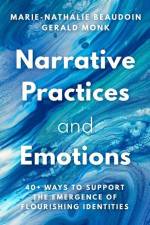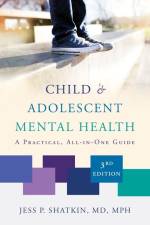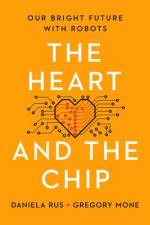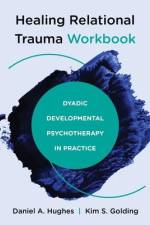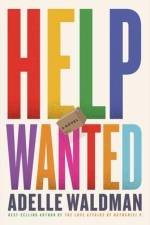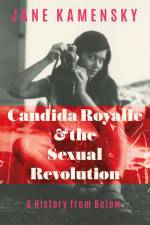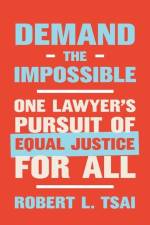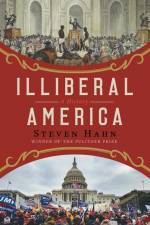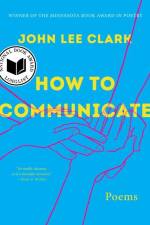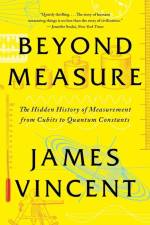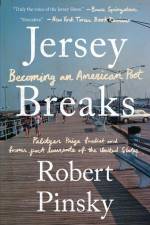av Jane Kamensky
367
Whether in front of the camera or behind it, Candice Vadala understood herself as both an artist and an entrepreneur. As Candida Royalle (1950-2015)-underground actress, porn star, producer of adult movies, and staunch feminist-she made a business of pleasure. She helped crystalize the broader hedonistic turn in American life in the second half of the twentieth century: a period when the rules of sex were rewritten; when the white-hot "sex wars" cleaved feminism and realigned American politics; when Big Freud, Big Drugs, and Big Porn all came into looming focus; when the sex industry of the 1970s and '80s radically upended conventional understandings of law, technology, culture, love, and human desire.The sexual revolution was Royalle's war-even when other avowed feminists exited the field or became her opponents-and pornography emerged as the arena in which she would wage it. With the founding of her adult film company, Femme Productions, in 1984, Royalle became an owner of the means of pornographic production, infusing her sets with the ideals of labor feminism. On-screen and off-, she was, by turns, exuberant and thoughtful, self-possessed and gleefully shameless. A trailblazer who lived along the cultural fault lines of her generation, she danced at Woodstock, marched for women's liberation, survived the AIDS crisis, and became a talk show regular, interviewed by Phil Donahue, Dr. Ruth Westheimer, Morton Downey Jr., Jane Pauley, and many others. As a performer, director, producer, and writer, she moved the needle of her industry. But she never transcended the politics of pleasure.With full access to Royalle's remarkable archive, historian Jane Kamensky has spent years examining the intersection of Royalle's life with the clashes that have defined her era-and ours. Deeply informed by these never-before-studied materials, Kamensky explodes the conventions of biography, with its assumptions about who makes history and how. Written with cinematic verve, Candida Royalle and the Sexual Revolution evokes Royalle's times in their broadest contours as Kamensky traces the rise of an improbable heroine who broke the mold and was herself broken in turn.

